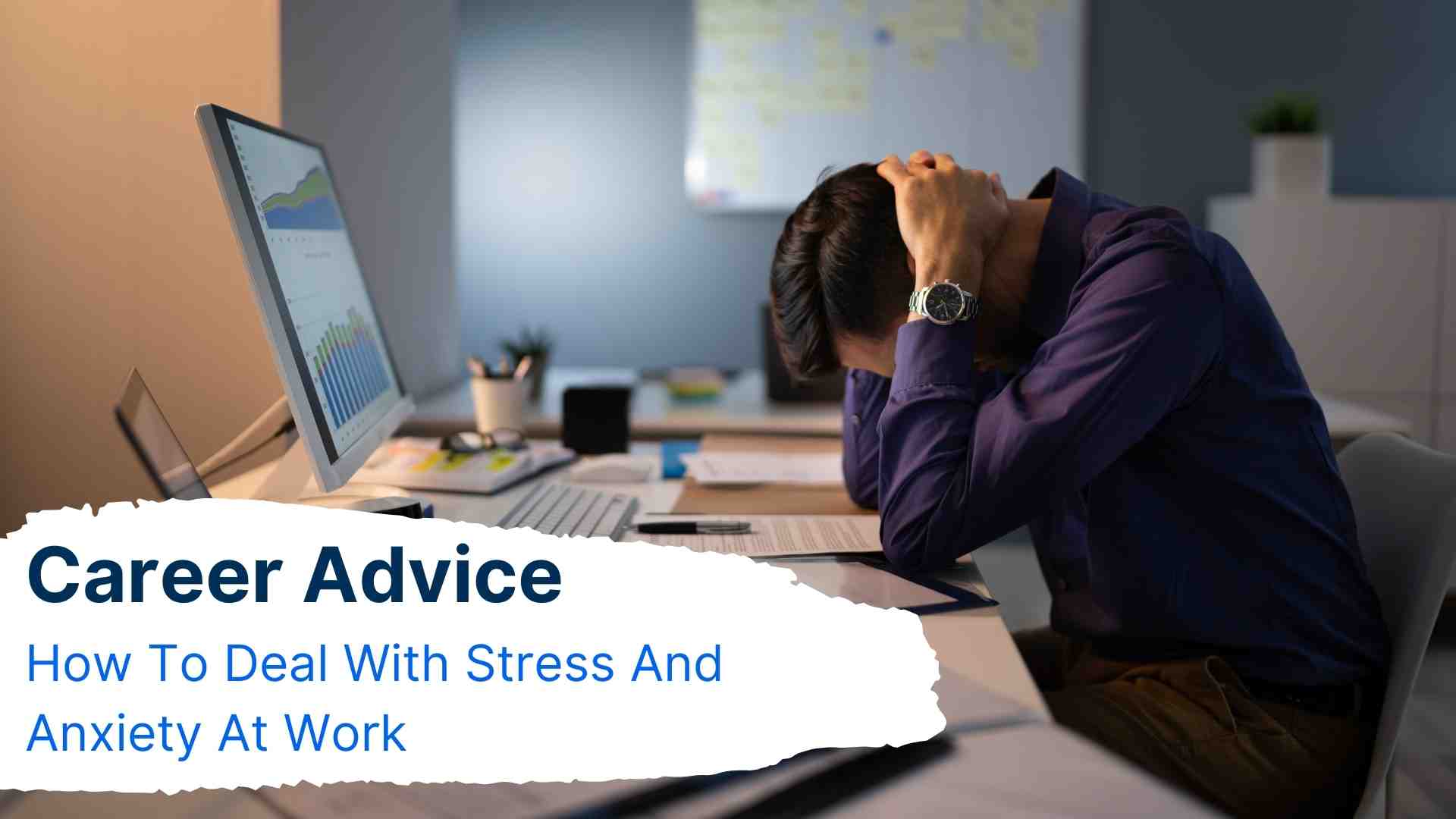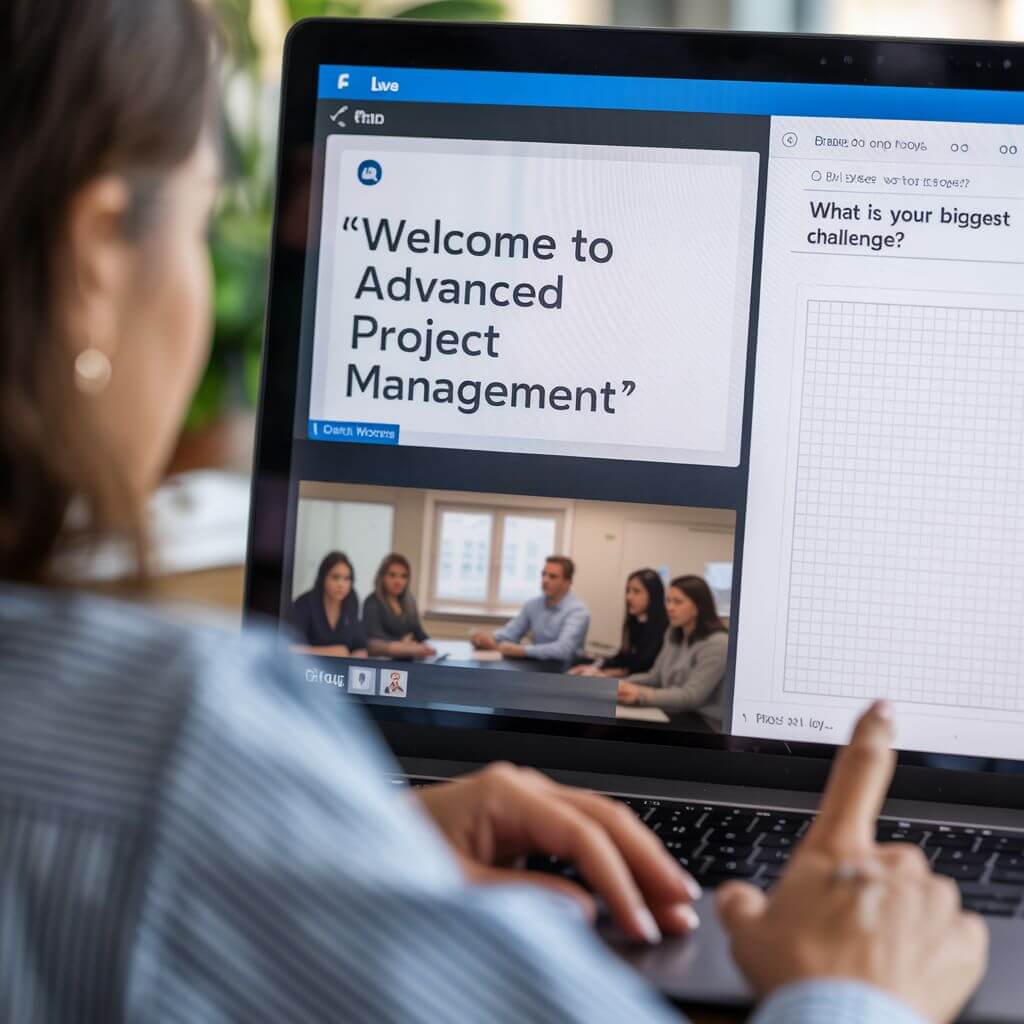Introduction
Anxiety and stress are two mental health issues known for affecting the focus and motivation of an individual. People of different age groups experience high levels of stress and anxiety for a variety of reasons.
Those with hectic work lives always remain prone to stress and anxiety. A common thing that people with stress and anxiety usually face is a low quality of life and a lack of motivation. These people keep looking for effective ways of managing workplace stress.
Many of us experience stress and anxiety on regular basis. Unsatisfied and hectic work life, financial obligations, family issues, and bad relationship with colleagues, causes work stress and anxiety. This makes it important for you to know how to manage stress and anxiety and understand symptoms and effects.
What Is Anxiety?
Anxiety is a sustained and excessive worry that is more than an occasional concern. It is a troubling mental state that is tough to control, often relating to past traumatic events or a potential future threat.
What Is Stress?
Stress is an emotional feeling. It is physical tension that can result for a variety of reasons. Stress is a result of any thought or event that makes you feel nervous, irritated, or angry. It remains present until it starts keeping you disturbed by lasting for a long time. It can also harm your health and thus need careful attention at the right time.
Symptoms Of Stress And Anxiety
The symptom of stress and anxiety are many. They are classified as emotional, physical, and cognitive. Paying attention to the symptoms helps you know about your stress and anxiety disorder at the right time, which is important to take treatment actions.
Emotional Symptoms
- Feeling nervous or afraid
- Feeling anxious
- Depression
- Mood swings
- Irritation
- Feeling Overwhelmed and Over-burdened
- Frustration
- Feeling helpless
- Uneasiness
- Lack of interest
Cognitive Symptoms
- Irritability
- Difficulty with concentration
- Inability to remain calm
- Obsessive thoughts
- Irrational fears
- Anticipating the worst outcomes
- Uncleared thoughts
Physical Symptoms
- Insomnia
- Drinking excessively
- Nightmares
- Fatigue
- Shortness of breath
- Nausea
- Vomiting
- Muscle tension and pain
- Pounding heart
- changes in eating or sleeping patterns
- Exhaustion
- Numbness
- Dry mouth
- Frequent headaches
Sources Of Work Stress And Anxiety
One of the best ways to deal with anxiety and work-related stress is to improve your knowledge. Work-related anxiety and stress are different from regular stress and anxiety. Knowing the sources of stress and anxiety also helps you prevent them. Some common sources of stress and anxiety are:
- Workload
- Having a long to-do list to tackle the clients or other employees
- Completing work before the deadline
- Work competition
- Attending a big work meeting
- Unclear expectations of work
- Management pressure
- Being unhappy in your job
- Low salaries
- Working under dangerous/risky conditions
- Poor management
- Long working hours
- Job insecurity
- Facing discrimination or harassment
Effects Of Work Stress And Anxiety
Work-related stress and anxiety both go side by side. Work stress is your mental reaction to a work demand or challenge and work-related anxiety is the response to work deadlines, competition, and threats. These can be actual or perceived. Work stress and anxiety affect your mental and physical health. If ignored for a long time, it can result in issues such as sleep disturbances, difficulty concentrating, headaches, short tempers, stomachache, and anxiety about going to work. With time, this can lead to high blood pressure, insomnia, anxiety, and a weakened immune system.
How Do I Improve My Workplace Productivity?
Dealing with stress and anxiety is a tricky job. But knowing how to relieve stress and anxiety, can help you improve your quality of life. Being informed helps you to improve your workplace productivity, and makes it easier for you to achieve your goals. If you want to know how to deal with stress and anxiety so you can improve your productivity, here are some things that you can try.
- Get Organized
One of the most effective ways to manage workplace stress and anxiety and improve your workplace productivity is to get organized. When you start keeping things organized it not just keeps your work area and surroundings clean but also helps you stay focused. Getting organized help you prevent wasting valuable time, which is important for improving productivity.
- Looking After Your Health
The high pressure at your job and workplace can make it tough for you to look after your health properly. This not only increases your chances of workplace stress and anxiety but also decreases your workplace productivity. Looking after your health by exercising regularly, sleeping properly, eating a healthy and nutritional diet, and improving your social interactions help you stay happy, fresh, and focused.
- Setting Boundaries
High pressure at work can make it difficult for you to pay attention to your personal life. This not just affects your well-being, but also your relationships. However, setting some work-life boundaries help you keep enjoying your personal life. Completing job tasks before their deadlines, leaving the office on time, and not answering the phone during family time, can help you create some clear boundaries and reduce the chances of work-life conflicts.
- Take Breaks
Taking a few breaks while working helps a lot in reducing the risk of chronic work stress. Although working with full dedication may help you complete the targets on time and achieve your personal and business objectives, it can also result in a variety of serious health issues such as headaches, stress, bad vision, fatigue, anxiety, and back and neck pain. However, taking a few breaks while working helps you to better relax and unwind. It also allows you to stay fresh and energetic and reduces the chances of work stress and anxiety.
- Consider Upskilling
One of the best ways to improve your workplace productivity and deal with anxiety and work-related stress is by improving your knowledge. Knowing more about your role, and learning different programs and software help you improve your skills and value at your job. Improving your skills with online learning courses offered by experts like Nexacu, can help you improve your overall workplace productivity.
- Relaxation techniques
Relaxation techniques such as meditation, yoga, deep breathing exercises, and mindfulness, are great for those who want to know how to reduce stress and anxiety. Changing your lifestyle and taking out some time for relaxation techniques can improve your focus and increase your workplace productivity.
Conclusion
Work-related anxiety is a result of workplace conflict, miscommunication, work deadlines, misunderstanding, work pressure, fear of job loss, etc. It can greatly influence the quality of the work and your workplace productivity. Additionally, getting support from professionals like Beyond Blue can assist you with your day-to-day worries and help reduce overall stress and anxiety.

 Australia
Australia New Zealand
New Zealand
 Singapore
Singapore
 Hong Kong
Hong Kong
 Malaysia
Malaysia
 Thailand
Thailand
 Indonesia
Indonesia























